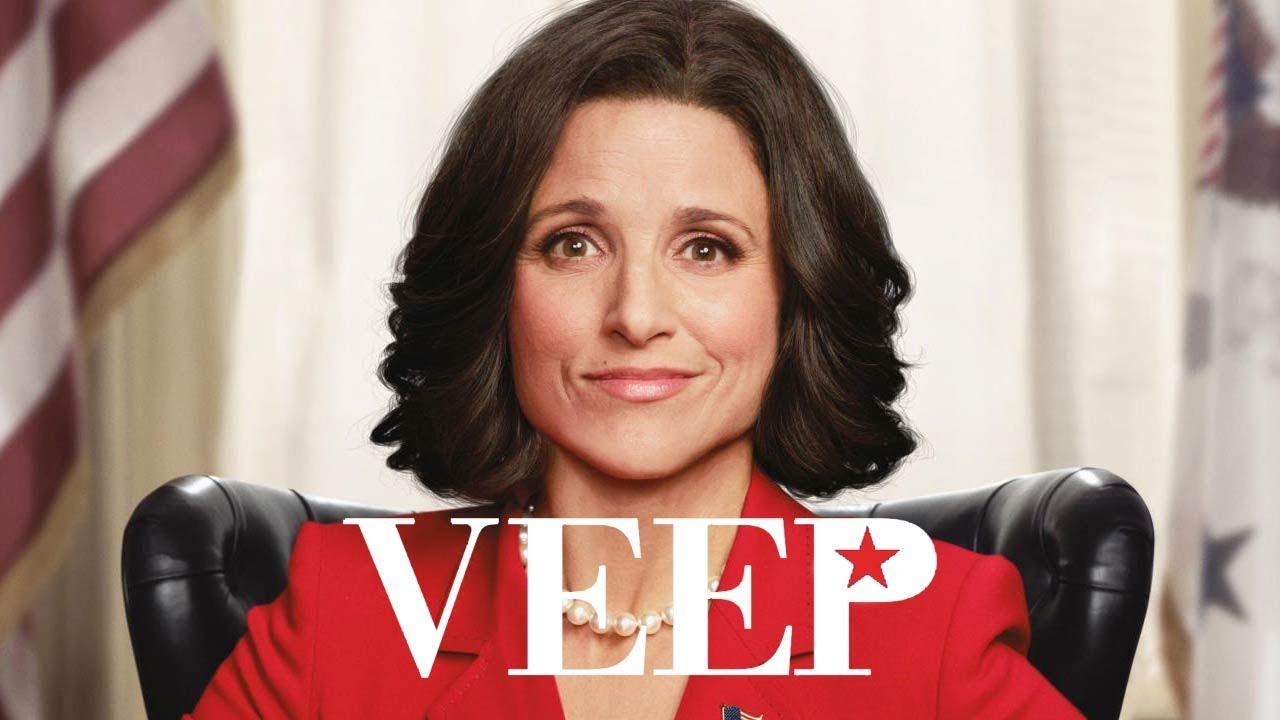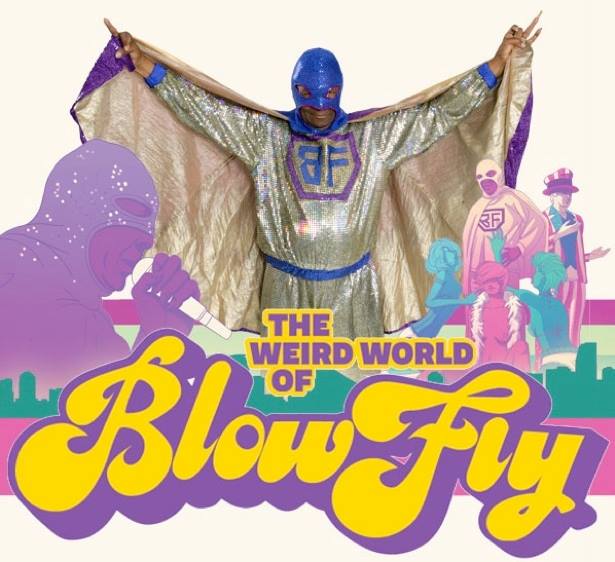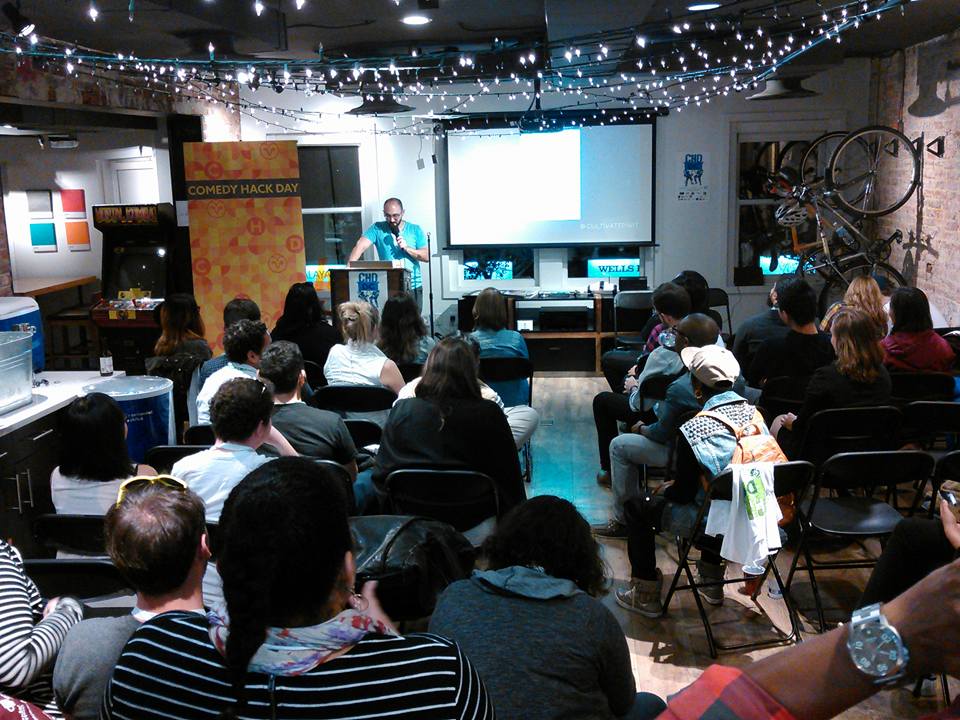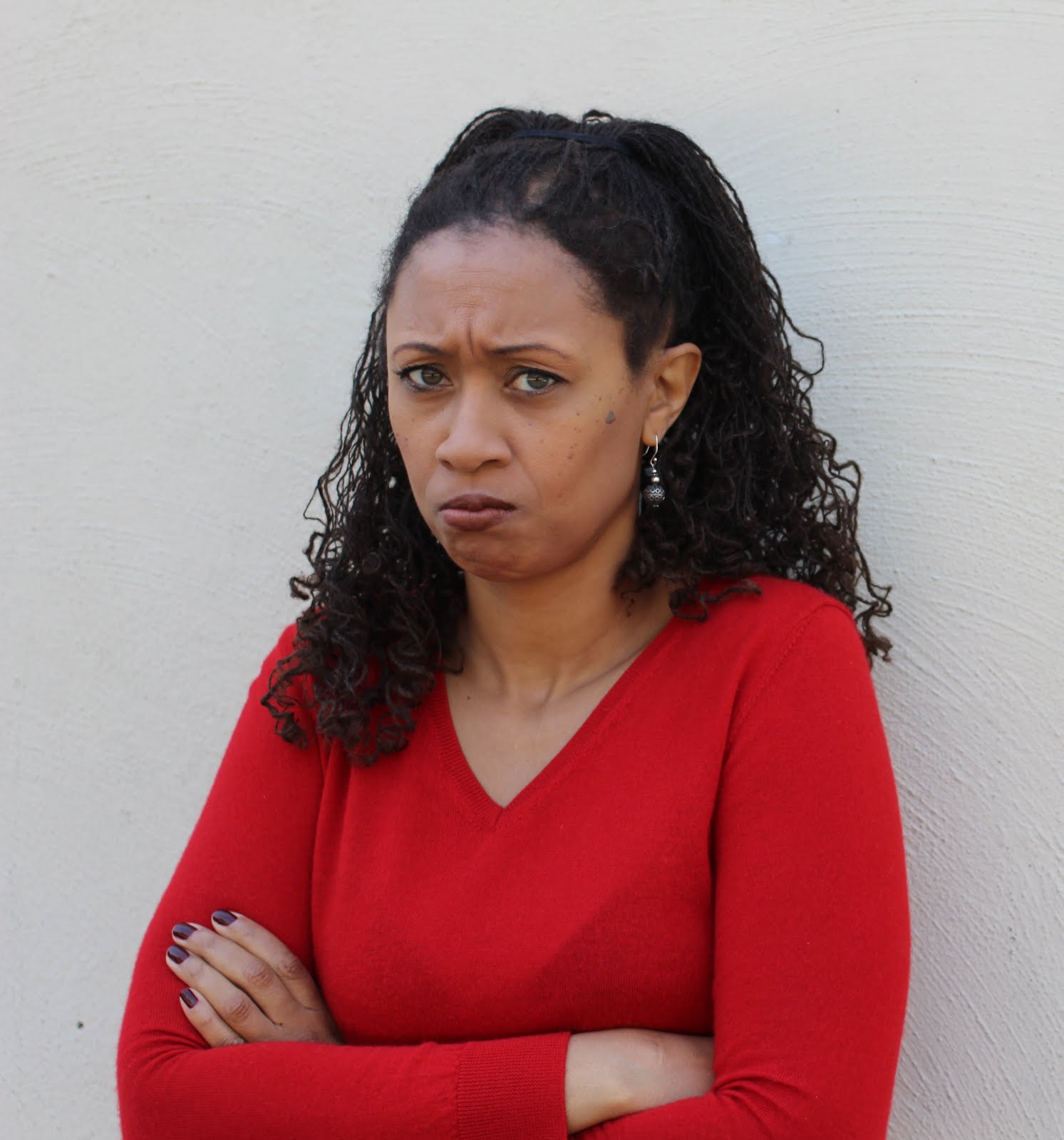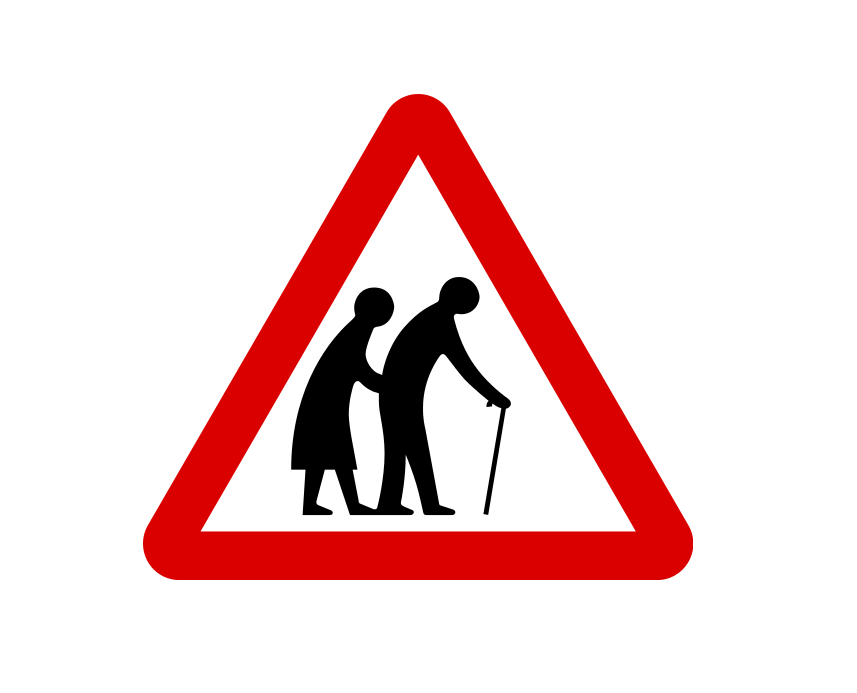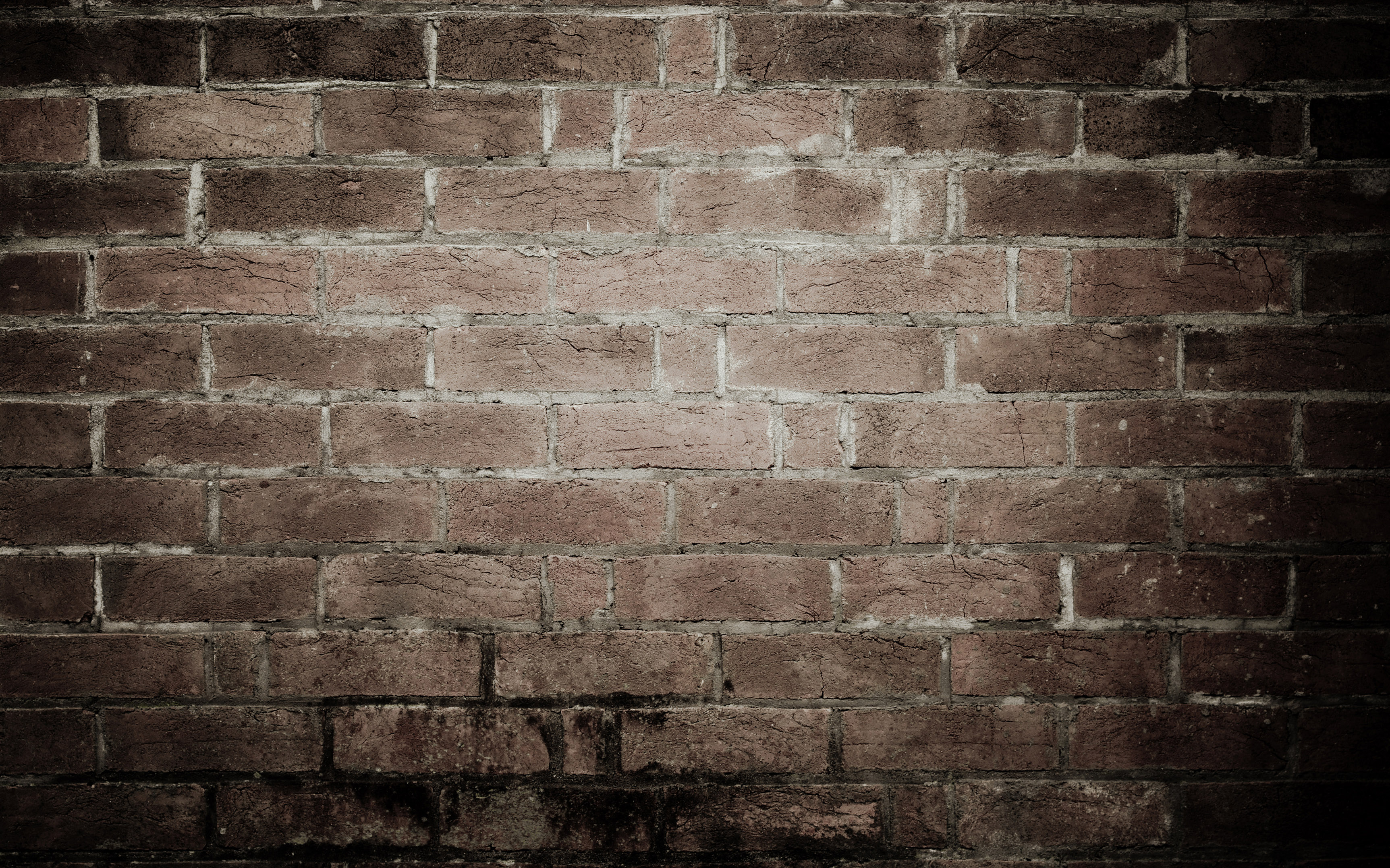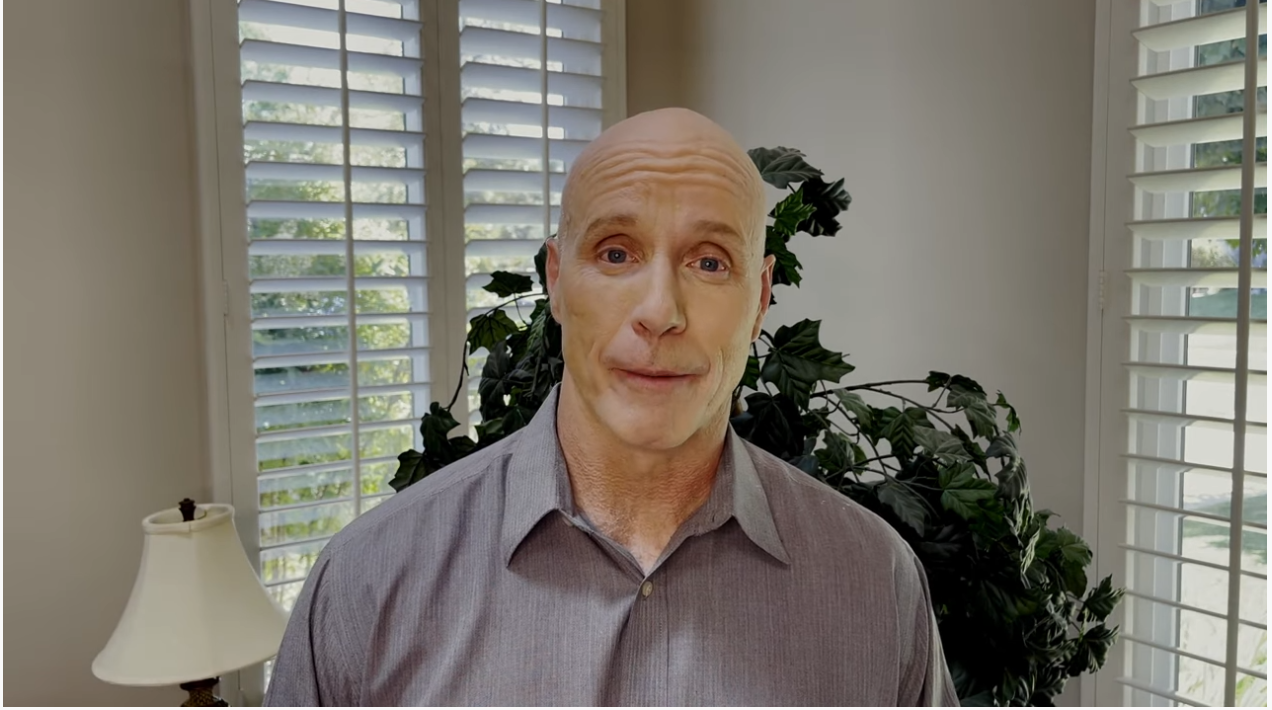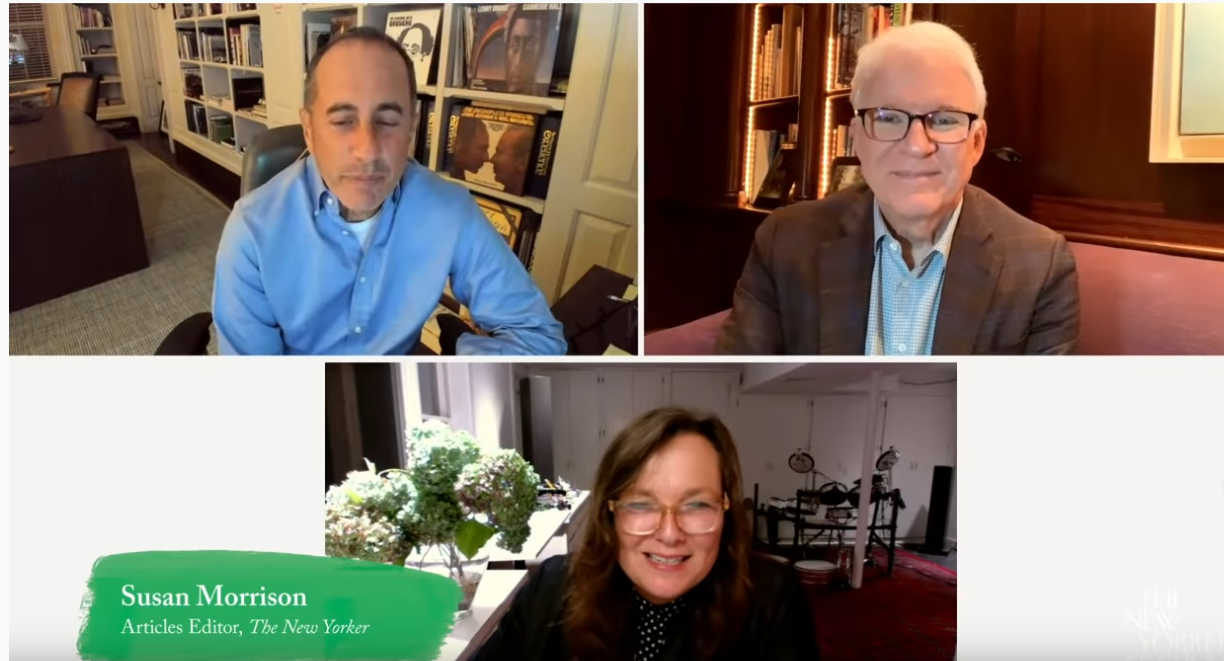
One day I’m watching a sitcom and I thought to myself “Geez…This is just plain awful!” As I continued flipping the remote, I noticed more of the same crappy types of sitcoms on every station. Maybe because I’m a comedian, I was able to detect the punch lines before they were delivered. Don’t get me wrong…I was practically raised on sitcoms. The characters I watched were interesting, original, and their stories were truly funny. Some networks continue to create programs where I am not the desired target audience. When I explained my thoughts to a friend, he stated “Can you write something better?” I guess it doesn’t pay to complain if I don’t have a solution to offer for the problem I acknowledged. So I began researching how to write sitcoms.
There are some shows that I could watch until the end of time. For example:
- Sanford & Son (Redd Foxx, Demond Wilson)
- The Odd Couple (Tony Randall, Jack Klugman)
- The Jeffersons (Sherman Hemsley, Isabel Sanford)
- Roc (Charles S. Dutton)
- Titus (Christopher Titus)
- Married… With Children (Ed O’Neil, Katey Sagal)
- Will & Grace (Eric McCormack, Debra Messing)

This is only a short list to display the diversity of my taste. Funny is funny to me. In the same fashion a magician learns how to perform tricks; I decided to explore what made these shows so appealing to me. So I began purchasing books to decipher the work required to make a sitcom. I emailed previous interviewees from Addicted To Comedy asking for their suggestions. I searched Amazon.com for the best recommendations. Inquires were sent to different writing blogs. It was finally narrowed down to these suggestions:
- The TV Writer’s WorkBook: A Creative Approach To Television Scripts (Ellen Sandler)
- Creativity Rules! (John Vorhaus)
- The Eight Characters of Comedy: Guide To Sitcom Acting And Writing (Scott Sedita)
- The Little Book of SITCOM (John Vorhaus)

There were several other great suggestions, but these authors were actually funny in their writing! Their side stories and anecdotes were a pure delight to read. It didn’t hurt that all of them had a proven track records in Hollywood either. Using this combination of books, I discovered how to create things that were previously foreign to me. Story lines, plots, themes, character development – I never gave them a thought as I watched television. My only goal at that time was to be entertained by whatever I was watching. Now if I don’t enjoy a show, I can define where I feel the program is lacking. Was it due to bad writing? Were there enough conflicts between the characters to create laughter? Are they trying to sell a weak story? Now if I say “Your show sucks!” I can express and explain my opinion in great detail.
Writers are aware of how lonely it becomes when they’re at their desk for hours at a time. It’s a challenge to keep up the momentum when you’re the only cheerleader in the room. After a few false starts, I still haven’t completed writing a sitcom pilot yet. In a perfect world, comedians would have creative control over their show (although I still have bad flashbacks thinking about The George Carlin Show on FOX). It’s time to find a new source of motivation if I really want this to happen!
I was fortunate to learn about the 2013 TV Pilot Writing Program for developing sitcoms from the TV Writer Chat website. Their goal is to help writers learn and collaborate on writing a television pilot of their choice. Participants log on Sunday nights at 9:30 ET for one hour and discuss the scheduled subject of the evening. Anyone can join in at any time via Twitter using the #TVWritersChat hashtag, or read their archives at a later time. Did I forget to mention that’s FREE?
What is my goal for this television pilot?
The New York Television Festival is a great resource for aspiring writers. Several times a year, novice writers have the opportunity to win prizes (for example – development deals from companies including Comedy Central, FOX, The History Channel, and more). There is no cost to submit to this festival. I was included in a submission that earned me an IMDB credit for a comedy based sketch show back in 2011. There seems to be a natural progression for comedians to become involved in situational comedies. Even if I don’t win this event, I’m still a winner for putting in the work and achieving one of my comedy writing goals. I’m sure this will not be the last time I’ll be writing a sitcom pilot!
Keep writing!
© 2013 Wayne Manigo



